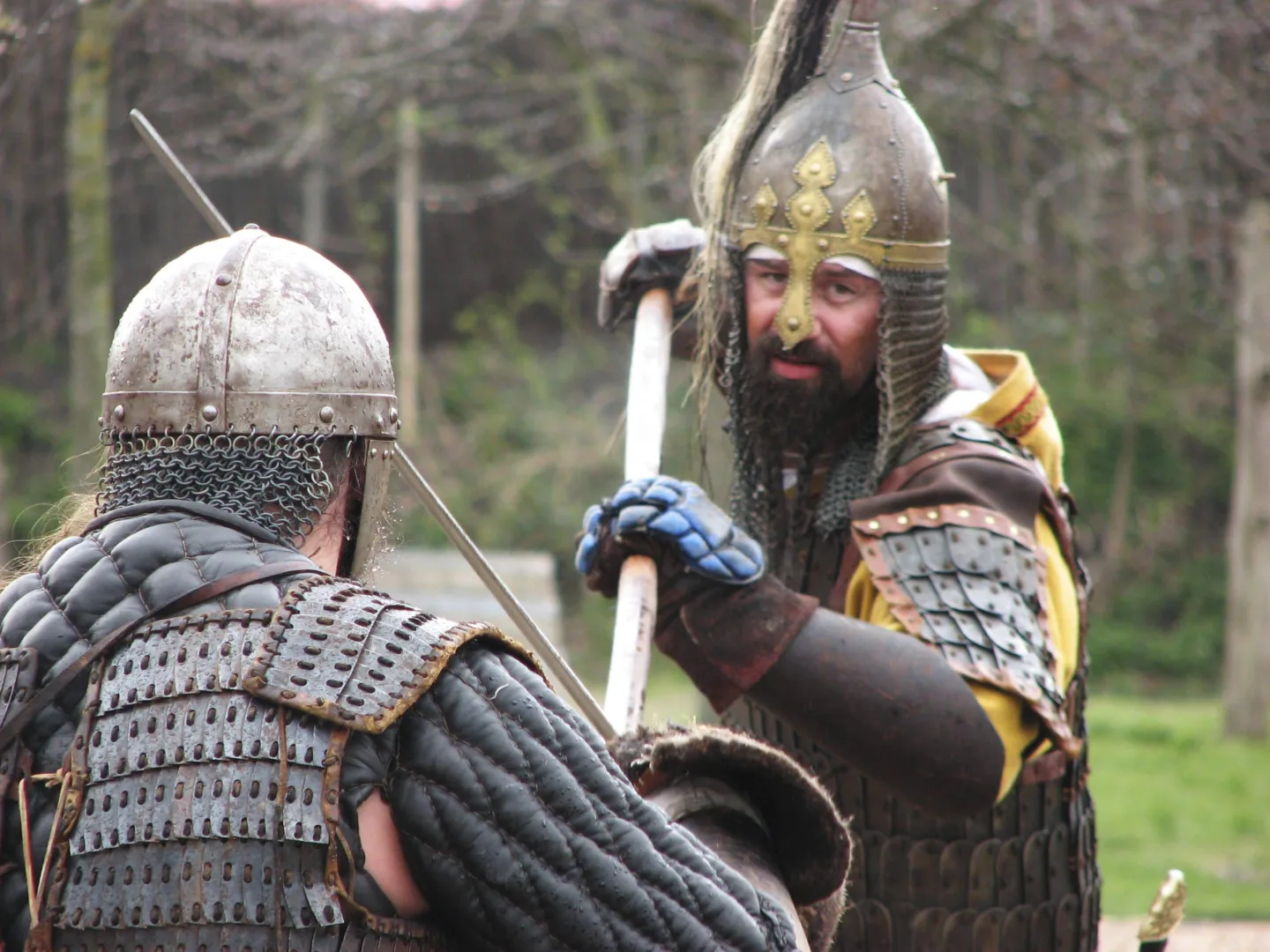In pre-historic times, disputes were settled on the basis of strength. The strongest tribesman was able to bully others into submission. Over time, this evolved into the creation of various organisations that used power on the basis of brute strength: Governmental systems from the time of Hammurabi through to medieval times increasingly relied less on the brute strength of individuals and more to the communal strength of teams. The early kings of the neighbour island weren’t powerful men because they were physically strong (indeed, the first wasn’t very strong at all) but because they were able to command power through a complicated chain of loyalties.
Those processes based on physical strength have been substantially eroded in many parts of the world, and we now expect legitimate nation states to have the consent of the governed. Our community does not obey the laws because of the physical force of the nation state, but because we agree to be a part of our nation on a voluntary basis. If someone doesn’t like it, they are free to leave our Western liberal democracies. As some might say, “there’s a boat in the morning.”
Over time, our community has substantially discredited arguments to authority – indeed, making such calls to authority are widely acknowledged as a fallacy. The current coronavirus crisis has seen many such personal attacks, with people debating the identities of the people rather than the issues at hand – we have all seen this unfold on social media. As I wrote yesterday, the best way to resolve these issues is through the democratic processes of Tynwald, rather than the highest authority just imposing their will on the community through strength.
This is more important than ever before, because while some governments impose their unilateral decisions upon the community, wiser ones continue to consult with the governed. How else can communities resolve such earnestly held views such as these two?
What they are not, despite the attempts of some social media voices to make it so, are good and evil. Clearly, both experts are highly accomplished scientists doing their best to understand a complex threat. Likewise, the wider debate around lockdown is not a contest between rational, good people who value life on the one hand and the cavalier and cynical who care only about economics or themselves on the other. If the do-gooder class try to push that narrative, they will simply lose the argument.
There is not even an in-principle disagreement about the sacredness of every human life, despite attempts to slur those in favour of a speedier timetable out of lockdown as “pro-death”. The principle that some level of increase in infection, and therefore more deaths, is tolerable for the wider good is not often said publicly but is already accepted on both sides of the argument. Denmark, the poster-nation for early and stringent lockdown, has now brought back junior schools alongside published modelling that showed what level of increased infection (and therefore deaths) they expected it to lead to. Nobody raised an eyebrow, because the education of children is so obviously a moral good. It’s really a question of where you fall on a spectrum: how much death would you tolerate, for which wider goods?
Which epidemiologist do you believe?
18 March 2022 update: Restored header image which disappeared at some stage.

